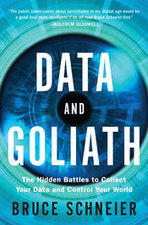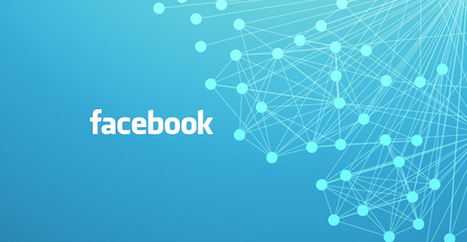In 1979, a secret memo from the tobacco industry was revealed to the public. Called the Smoking and Health Proposal, and written a decade earlier by the Brown & Williamson tobacco company, it revealed many of the tactics employed by big tobacco to counter “anti-cigarette forces”.
In one of the paper’s most revealing sections, it looks at how to market cigarettes to the mass public: “Doubt is our product since it is the best means of competing with the ‘body of fact’ that exists in the mind of the general public. It is also the means of establishing a controversy.”
Research and publish the best content.
Get Started for FREE
Sign up with Facebook Sign up with X
I don't have a Facebook or a X account
Already have an account: Login
Veille sur la sécurité et les libertés individuelles à l'heure d'Internet.
Curated by
Aurélien BADET
 Your new post is loading... Your new post is loading...
 Your new post is loading... Your new post is loading...
|
|














"While some smart people will profit from all the information now just a click away, many will be misled into a false sense of expertise. My worry is not that we are losing the ability to make up our own minds, but that it’s becoming too easy to do so. We should consult with others much more than we imagine. Other people may be imperfect as well, but often their opinions go a long way toward correcting our own imperfections, as our own imperfect expertise helps to correct their errors,” warns Dunning.
"Consider climate change as an example. “The fight is not just over the existence of climate change, it’s over whether God has created the Earth for us to exploit, whether government has the right to regulate industry, whether environmentalists should be empowered, and so on. It’s not just about the facts, it’s about what is imagined to flow from and into such facts,” says Proctor."